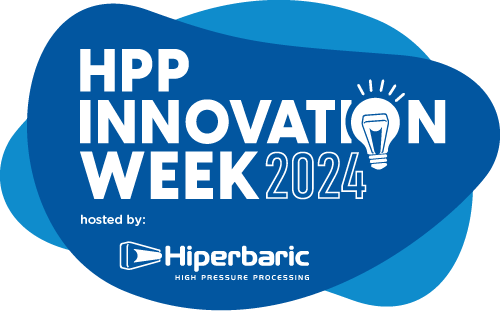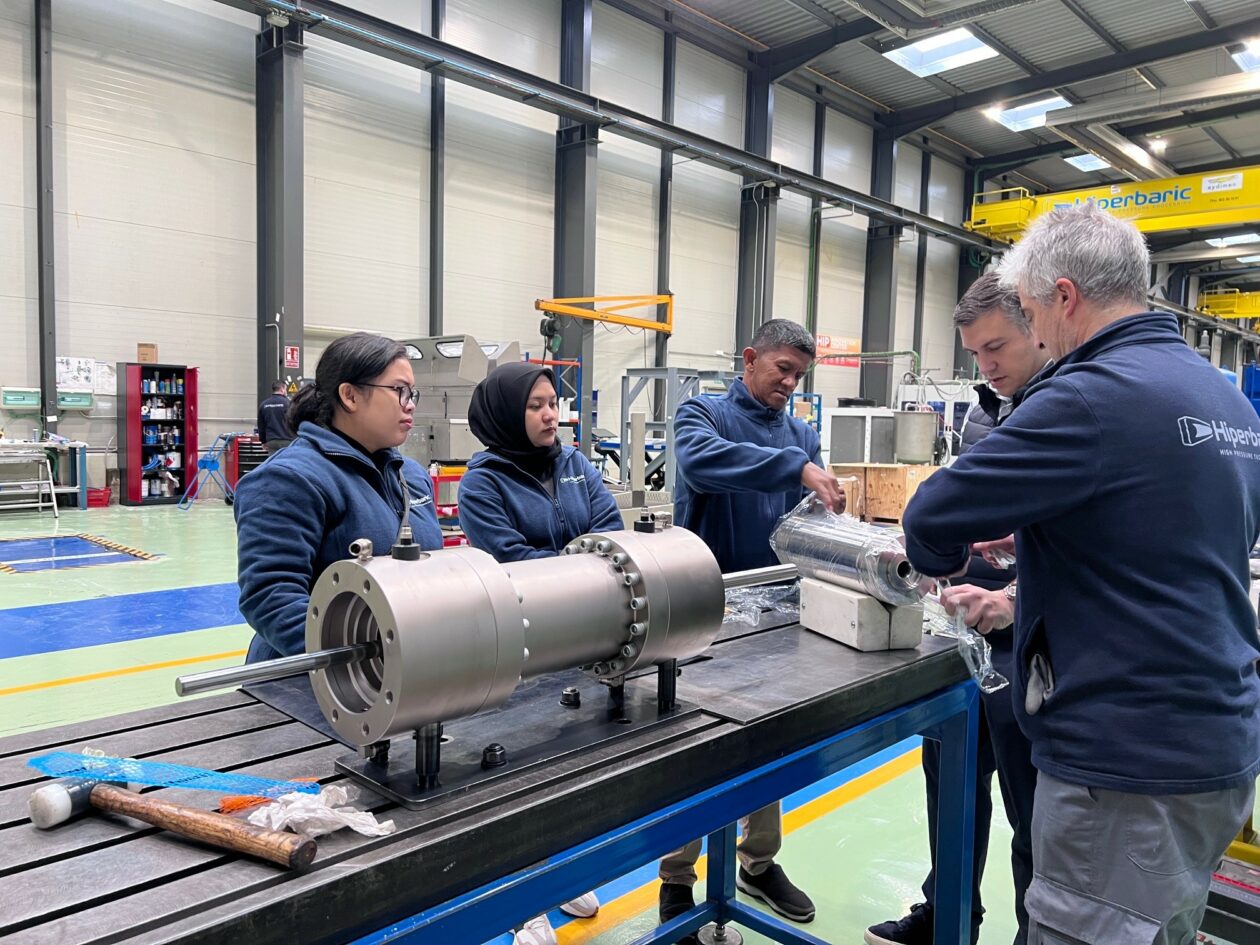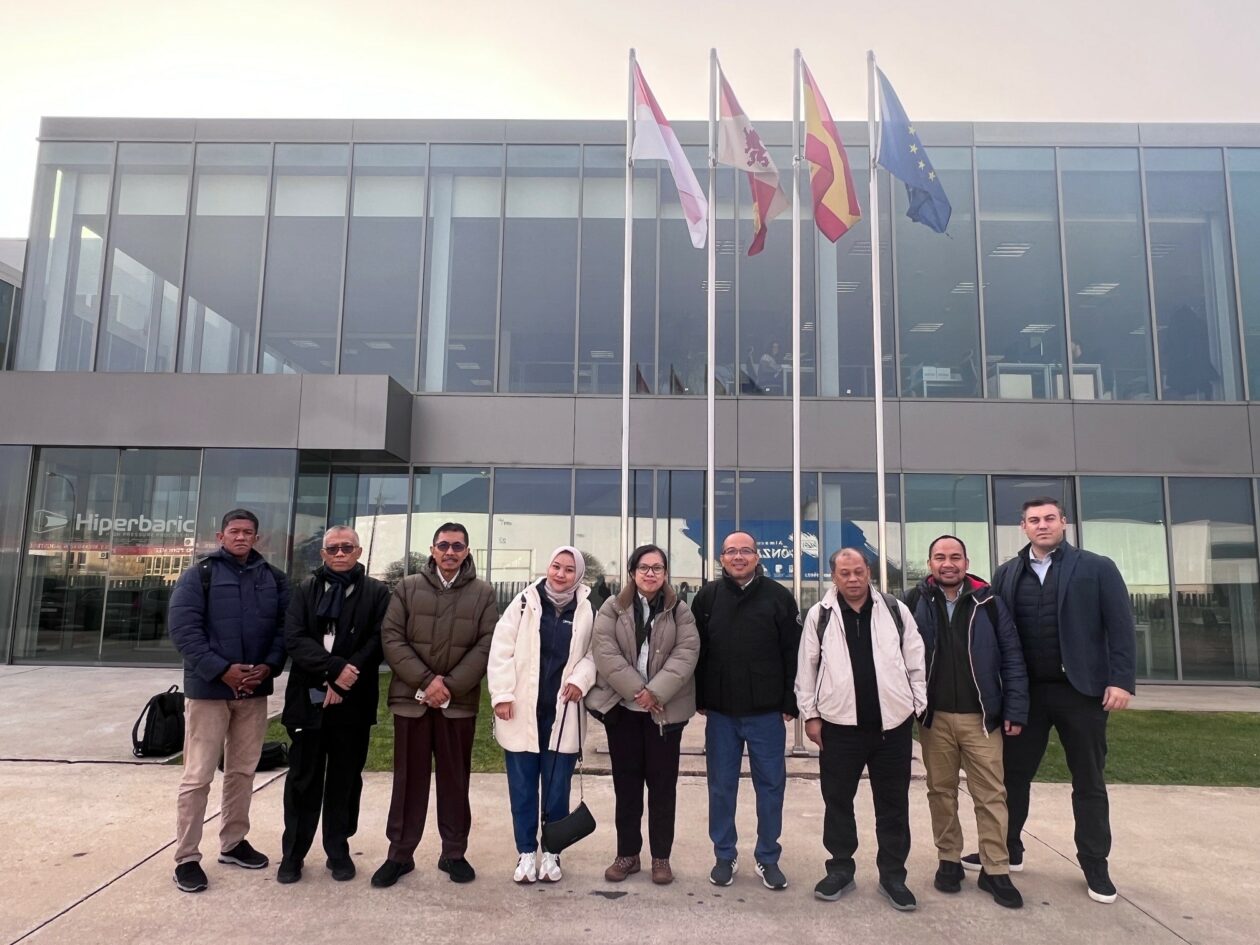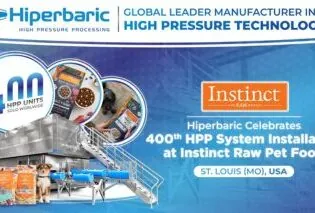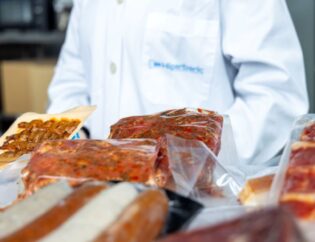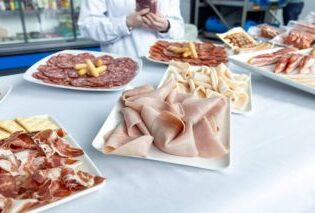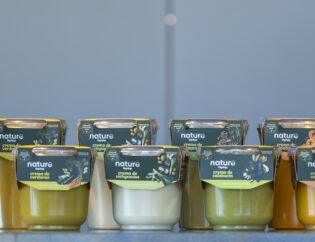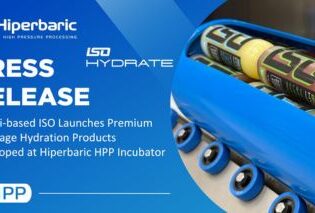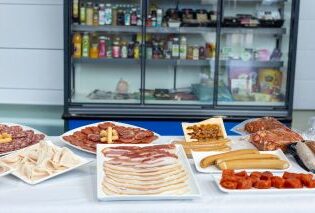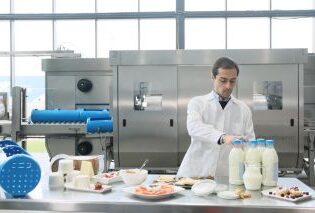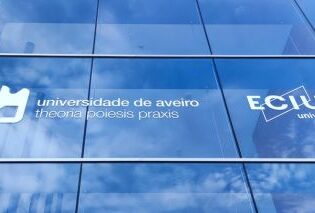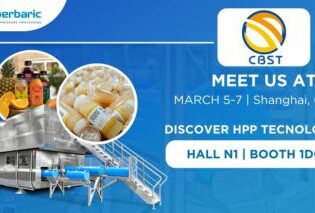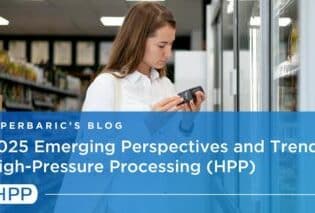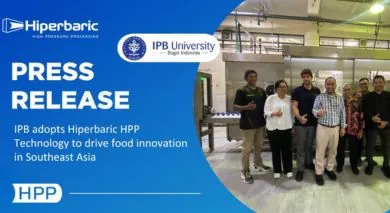
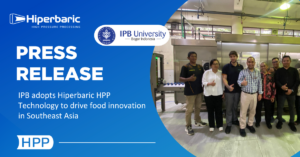
IPB University in Indonesia has installed a Hiperbaric high-pressure processing (HPP) machine to advance its food science research. The university will focus on studying the effects of HPP on tropical fruits like durian, avocado, and jackfruit, aiming to improve their shelf life and nutritional value. By joining Hiperbaric’s Academia network, IPB University is at the forefront of HPP research in Southeast Asia, collaborating with industry and government agencies to establish food safety regulations for this innovative technology.
IPB University, a leading institution in agriculture, marine sciences, and biotechnology, has significantly advanced its food research capabilities with the acquisition of a high-pressure processing (HPP) system from Hiperbaric. Located in Bogor, Indonesia, IPB plays a pivotal role in higher education and research, contributing substantially to the region’s sustainable development.
The university’s Department of Food Science and Technology has taken a major step forward by installing this state-of-the-art equipment. HPP technology is revolutionizing food preservation and processing, offering numerous benefits such as extended shelf life, enhanced nutritional value, and improved food safety.
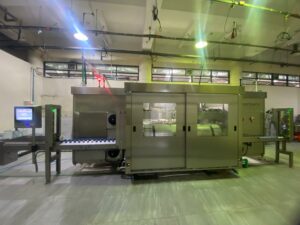
“IPB’s decision to invest in this technology is driven by the growing demand for safe, healthy, and convenient foods,” said Professor Azis Boing Sitanggang of IPB University. “We believe HPP is one of the most promising emerging technologies, particularly in Southeast Asia.”
With the new HPP system, IPB University will focus its research on juices and beverages, especially tropical fruit juices like durian, avocado and jackfruit. Key research areas include preserving nutrients and bioactive compounds, enhancing texture and flavor, and reducing the need for additives. “We also plan to explore other applications such as seafood, leveraging HPP’s ability to extend shelf life and maintain freshness,” added Boing Sitanggang.
Hiperbaric and IPB University, building a strong partnership
Hiperbaric and IPB University have forged a strong partnership. The chosen equipment is a Hiperbaric 55 model, capable of processing 270 kg per hour, making it ideal for smaller-scale production. “We searched globally for HPP technology providers and found Hiperbaric to be the best,” said Boing Sitanggang. “Their team has been incredibly supportive, from providing expert advice to offering comprehensive training.”
In the words of Jorge Marraud, director of Hiperbaric Asia, “We are delighted to partner with IPB University in their quest for advances in food research. Their focus on tropical fruits is particularly relevant to the Southeast Asian region, and we believe that our HPP technology will play a crucial role in improving the food safety and nutritional quality of these products.”
IPB faculty members visited Hiperbaric’s facilities in Spain to receive hands-on training and learn how to maximize the potential of their new equipment.
Looking ahead, IPB University will collaborate with Indonesia’s Food and Drug Administration to establish regulations for HPP technology in Southeast Asia. “This technology is still emerging in our region, and we want to work with regulatory bodies to set appropriate standards for non-thermal food processing,” said Boing Sitanggang.
In addition, IPB University is already working with companies interested in testing HPP technology before investing in their own equipment. By joining Hiperbaric HPP Academia Network, IPB University is at the forefront of HPP research in Southeast Asia to establish food safety regulations for this innovative technology.
IPB University’s future projects are interesting and exciting, and they will continue to count on Hiperbaric’s support to carry them out.

